Building a home obviously has plenty of advantages, but of course it is a more-demanding process than just outright buying a preexisting home.
Read on for some advice on how to make the home-building process go smoothly.
Choose the Right Building Method
Typically, builders take one of following two paths:
Tract-home building. This involves buying parcels of land, hiring necessary labor, and choosing from the builder's predesigned home plans. For buyers with limited time and/or money to spend, this can be the best option. Tract-home builders usually display model homes, so buyers know ahead of time what they are getting. However, the downside is limited customization, especially in choosing materials and finishes like tile, cabinetry, appliances, and flooring. But, this method can accommodate tight budgets.
Custom building. This offers total control over home design. Qualified custom builders help clients develop plans with architects or draftspeople, pricing out the plans as well. These builders manage permitting, approvals, and subcontracting, all the way from excavation to handing over the keys. Most custom builders are able to offer a cost/square-footage range at the start, and manage time and cost expectations as the project moves forward. Expect frequent meetings with builders and vendors to select materials and finishes, along with a longer schedule relative to tract-home construction.
Hire the Right Team
Ideally, the builder you choose is able to answer more than just design questions about what you want your home to look like, but also the cost and expected timeline.
Eldridge Company does all of its design in-house, so what we build is what we design. Clients who partner with us can get expert design advice in line with your aesthetic and budgetary goals.
For instance, our architect will know the price and availability of exterior materials, while the designer outlining interior finishes can expertly price various appliance, lighting, and flooring packages at different price points.
Have a Flexible Timeline
Most projects run into unexpected challenges at some point along the way in the form of shipping delays, supply shortages, or weather conditions.
Make sure to plan ahead in case your move-in date gets pushed back. Month-to-month rentals or even family members opening up the guest room could be necessary.
Also, property taxes and HOA dues apply to homes under construction, so budget accordingly. (You can estimate property taxes based on your state's property-tax rate.)
Prioritize According to Your Budget
All homes, even multimillion-dollar ones, have budgets.
For many clients, custom building often involves at least one "dream" item, whether that is a professional-grade kitchen or a nice finished basement perfect for entertaining.
We advise our clients to keep two broad categories in mind when figuring out what ultimately fits within the budget: the must-haves, and the nice-to-haves.
Of course, there are some things you will need to have in your budget. For instance, deed-restricted neighborhoods have tree requirements, which we will budget for in our proposal.
Keep Comps in Mind
We know that not all dream homes are forever homes, which is why it is always worth keeping in mind the comps of similar homes.
Knowing what upgrades could pay off in resale can help your budget function more like an investment.
Consider Going Green
Improved air quality, better temperature control, and reduced energy bills are some of the main draws for why many of our clients "go green" in their custom builds.
All Eldridge homes are tested and receive a Home Energy Rating System (HERS) rating. During resale, this informs buyers of the energy efficiency of the home.
We encourage our clients to opt for energy-efficient mechanical systems like geo-thermal HVAC, foam insulation, EV chargers, and solar panels. LED lighting is standard for us.
Our team also determines pay-back period on these green upgrades, predicting how long it will take for you to begin saving money because of the upgrade.
Eldridge gives clients an ENERGY STAR summary of the mechanical systems and materials that may qualify for an energy-tax credit at the end of the build.
Rely on the Builder for Help
Building a home is a complex endeavor. When site conditions present the need for changes, it is understandable to get frustrated or feel decision fatigue.
Trust us, challenges always pop up, making it necessary to rethink priorities. Good custom builders pride themselves on solving problems, and knowing the client's priorities informs the solutions builders choose.
For instance, you may have wanted a walk-out basement but hit rock.
If maximizing natural light is your ultimate goal, a good builder will find out how to work toward a window solution that does not blow your budget.
Patience and Flexibility Go a Long Way
The complexity of building a custom home requires patience and coordination.
Eldridge Company's experience custom-building homes and other structures gives us the know-how and perspective for how to deal with the ups and downs of building a custom home.

